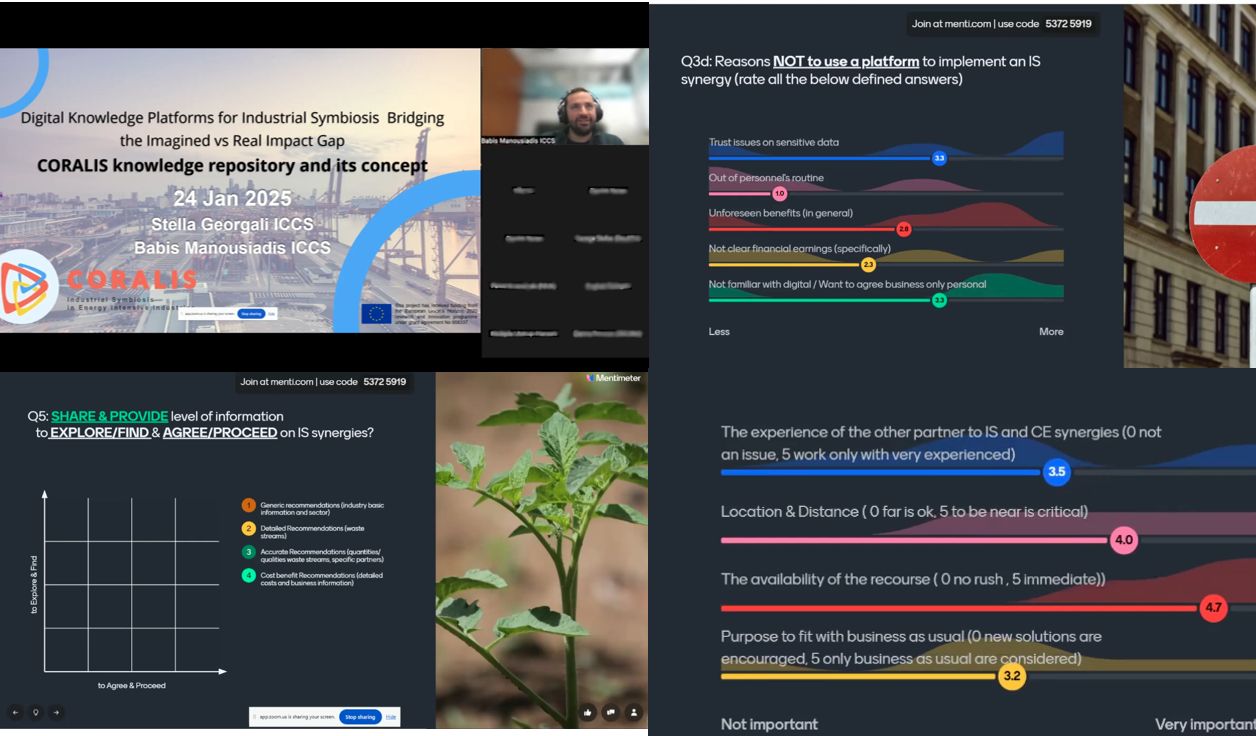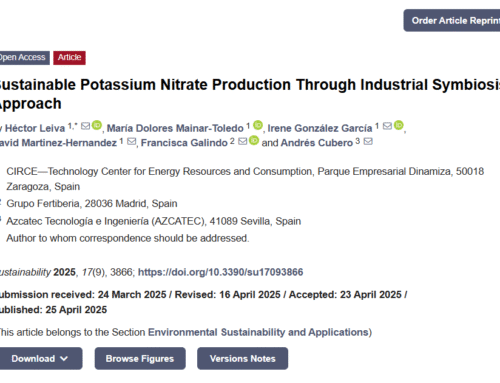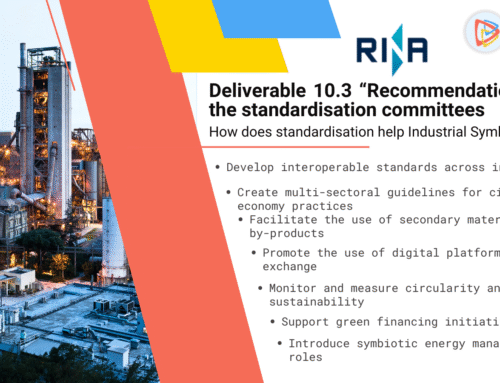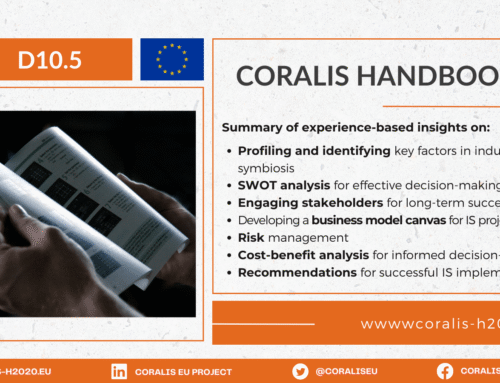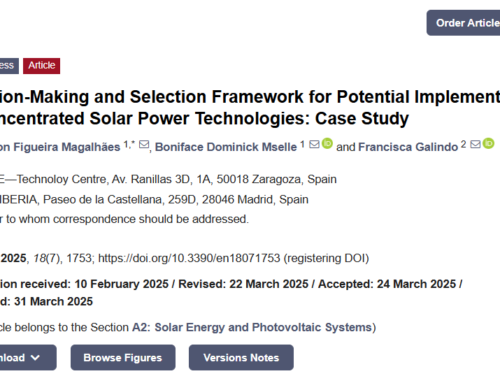On Friday, 24th January 2025, the webinar “Digital Knowledge Platforms for Industrial Symbiosis – Bridging the Imagined vs Real Impact Gap” was hosted by our project partners Linköping University (LiU) and the Institute of Communication and Computer Systems (ICCS). The event brought together researchers, industry representatives, and policymakers to discuss the potential and challenges of digital platforms in advancing industrial symbiosis. This article highlights the key insights and debates from the session.
One of the central points raised during the webinar was the increasing availability of sustainability-related data. Speakers emphasised that much of the required information, such as emissions data, energy types, and compliance records, is now publicly accessible. This transparency empowers companies and stakeholders to take informed actions. However, as noted, the critical challenge lies not in the availability of data but in its effective integration into decision-making processes. This raised the question of how digital tools can enhance usability and trust among stakeholders.
A recurring theme in the discussions was the necessity of shifting focus from creating new platforms to integrating functionalities into existing systems. As one panellist said, “The valuable insight from our research is not how to create a new platform but how to integrate these modules, features, and functionalities into the business-as-usual processes of companies.” This pragmatic approach underscores the need for seamless integration to ensure adoption and maximise impact.
Trust emerged as a vital component for successful industrial symbiosis. Beyond the need for robust communication, participants highlighted trust’s role in fostering collaboration between companies, facilitators, and coordinators. Without trust, even the most advanced digital tools risk limited adoption and effectiveness. As the discussions evolved, trust towards coordinators, ensuring data protection and ethical use, was highlighted as equally significant.
A compelling analogy likened the evolution of digital tools for industrial symbiosis to the advent of navigation applications like Google Maps. Initially, people navigated short distances without digital assistance. However, as journeys became more complex and spanned larger areas, digital tools became indispensable. Similarly, as industrial symbiosis scales and complexity grows, digital platforms play an essential role in identifying opportunities, facilitating collaboration, and managing data efficiently.
While digital tools are instrumental, participants stressed that they cannot replace the human element. The early successes of industrial symbiosis often relied on direct communication and personal relationships. Today, with larger consortia and more complex ecosystems, tools must complement human facilitation by enabling efficient information sharing and building networks of trust.
The discussion also explored practical challenges faced by industries. In many cases, companies lack dedicated innovation or circular economy departments, relying instead on ad hoc personnel to manage sustainability initiatives. This limitation underscores the importance of designing tools that are intuitive and accessible, even for organisations with limited resources or expertise.
The webinar concluded with participants acknowledging that while existing efforts have yielded significant synergies without extensive digital support, the future of industrial symbiosis lies in harnessing advanced technologies such as artificial intelligence. These innovations could unlock unprecedented opportunities for real-time data analysis, predictive insights, and dynamic collaboration.
As industrial symbiosis evolves, digital knowledge platforms will play an increasingly pivotal role in bridging the gap between imagined potential and real-world impact. The discussions at this webinar set the stage for further exploration and collaboration, ensuring that digital tools align with the needs of stakeholders and drive meaningful change in the pursuit of sustainability.
Watch pt1 of the recording of the webinar here.
Watch pt2 of the recording of the webinar here.


